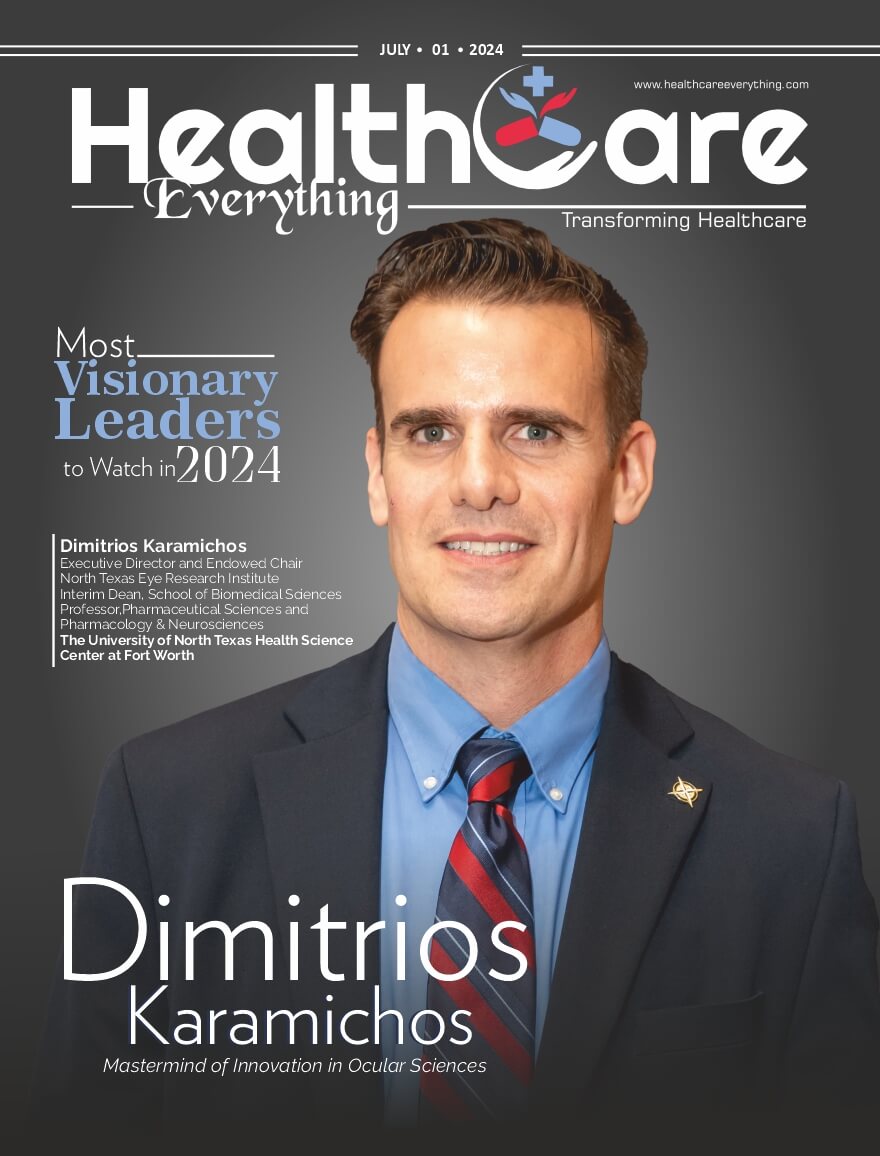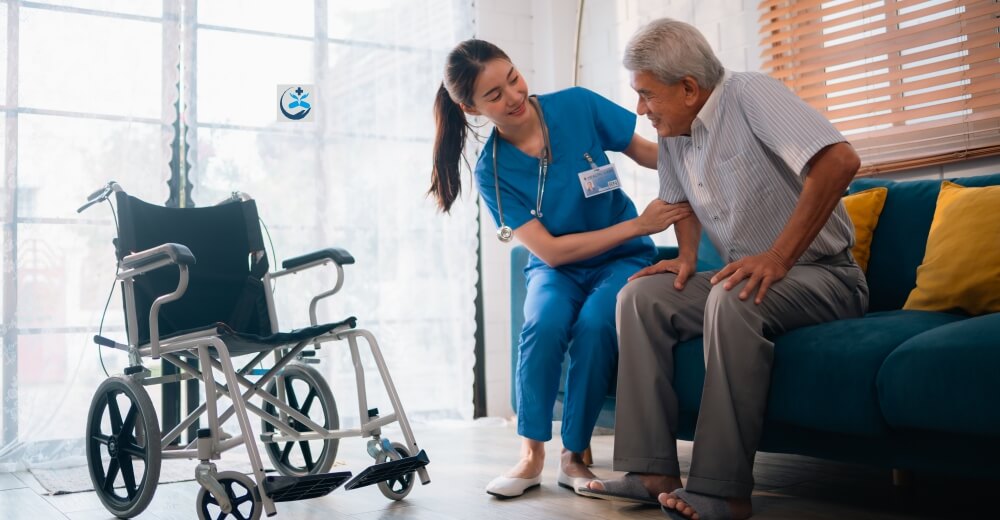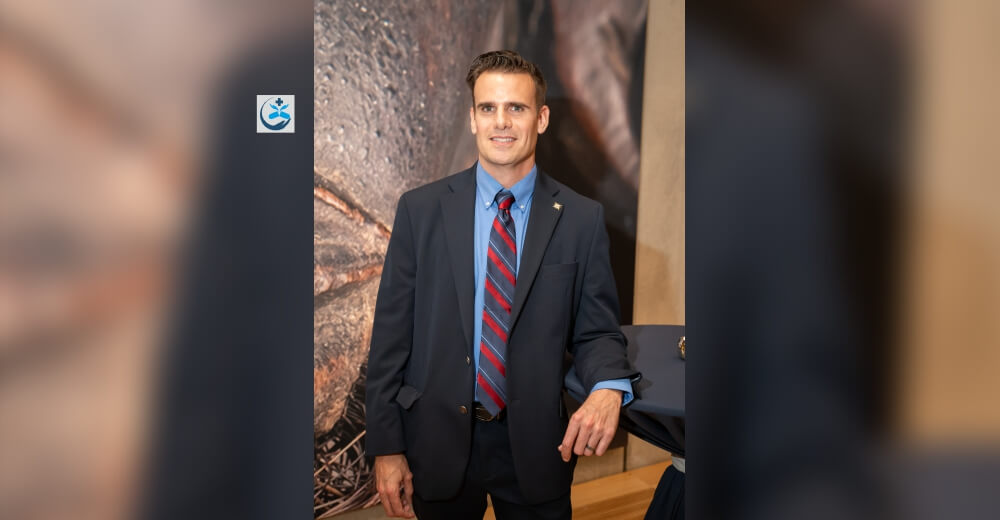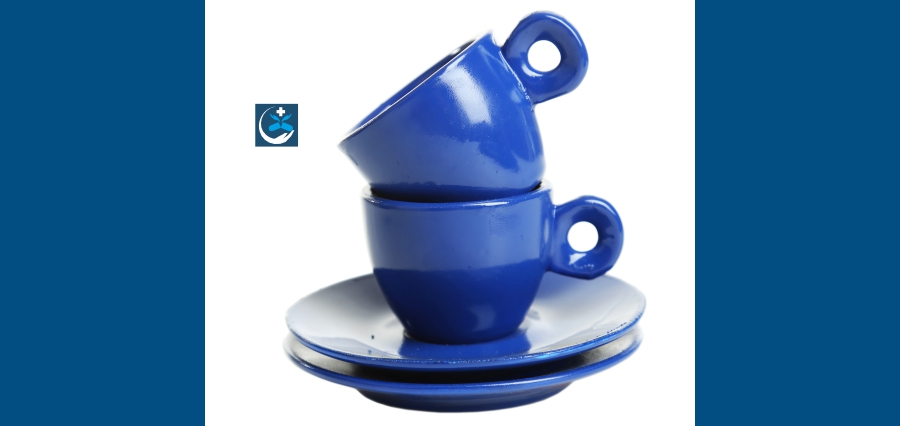“My world seemed to be crumbling when I discovered I had HIV,” the 39-year-old mother of two said in 2022 to UNFPA, the organization that oversees sexual and reproductive health in the United Nations.
Even worse, my spouse had a serious illness. There was a time when we went without food, so he was unable to work.
It wasn’t until her spouse tested positive for the infection and was admitted to the hospital that the mother discovered she had HIV. Unfortunately, statistics reveal that one in three individuals in Indonesia are unaware of their HIV status, making this a familiar experience for many women living with the virus.
Currently, the country’s estimated 190,00000 women over the age of 15 are HIV positive. Over 40% more women are now infected than there were a few years ago. In addition, the COVID-19 epidemic has made it more difficult for women to get HIV treatment and has made them more vulnerable to discrimination and financial hardship.
Due to uneven power dynamics, women and girls may find it challenging to negotiate safer sexual situations. They also frequently have less access to services for preventative care and information on HIV prevention. In a statement on World AIDS Day, UNFPA Executive Director Dr. Natalia Kanem stated that sexual violence also raises the risk of HIV transmission.
“Stopping the epidemics of gender inequality and gender-based violence that fuel the spread of AIDS is necessary if we are to end it as a public health threat by 2030.”
Another instance worth mentioning is that of a 39-year-old HIV-positive single mother. Since the virus caused complications that led to her husband’s death, she has struggled to make ends meet. Up until early 2021, the mother-of-two worked three shifts a day: one in the morning at a factory and two in the afternoon at a canteen, where she made meals. However, an injury from a forklift caused her to quit her job as a cook.
Despite working six days a week, she claimed that “the money I make from the factory is not enough.” Her compensation is approximately $5.50 each day.
Numerous Indonesian households experienced increased financial strain as a result of the COVID-19 outbreak. In comparison to January of the same year, three out of four said they made much less money in October and November of 2020.
Treatment challenges for women living with HIV can include expense, location, and stigma. Antiretroviral therapy, or ARV therapy, is a medical technique that stops the virus from reproducing and suppresses it to undetectable levels. In Indonesia, about one in four people living with the virus are undergoing ARV therapy.
In an effort to lessen these difficulties, UNFPA started a program in 2020 that provides cash vouchers to HIV-positive individuals. Almost 800 people have taken part in the program since its start, earning cash vouchers for accessing HIV treatment and other medical services like counseling and sexual and reproductive health care.
She now lives 45 minutes away by motorcycle from the hospital in Gresik, eastern Java, where she receives her monthly HIV medication. Her path to better wellbeing has been paved with the assistance of the cash vouchers program.
“I have extra cash to pay for the car ride to get my medication. I’m grateful for the remainder since I can utilize it for other necessities like my kids’ pocket money,” she said to UNFPA in 2022. “I am relieved that the virus has not yet been discovered.”
Fostering community and compassion
Additionally, UNFPA strives to improve peer support systems in Indonesia for women who are HIV positive. Wulan was referred to a hospital after testing positive for HIV, where she first met her support group. It was via the group that she learned about UNFPA’s cash voucher program.
She remarked, “I have no choice but to accept the fact [of my diagnosis].” “There are helpful peer advocates. I feel better today, after feeling depressed for a while.
Rizki, one of those peer supporters, strives to make sure that those living with HIV are aware of the implications of their diagnosis. The majority of people believe that HIV will shorten your life. However, we disseminate the knowledge that we can live long, healthy lives,” he said to UNFPA in 2022.
Read More: Click Here







